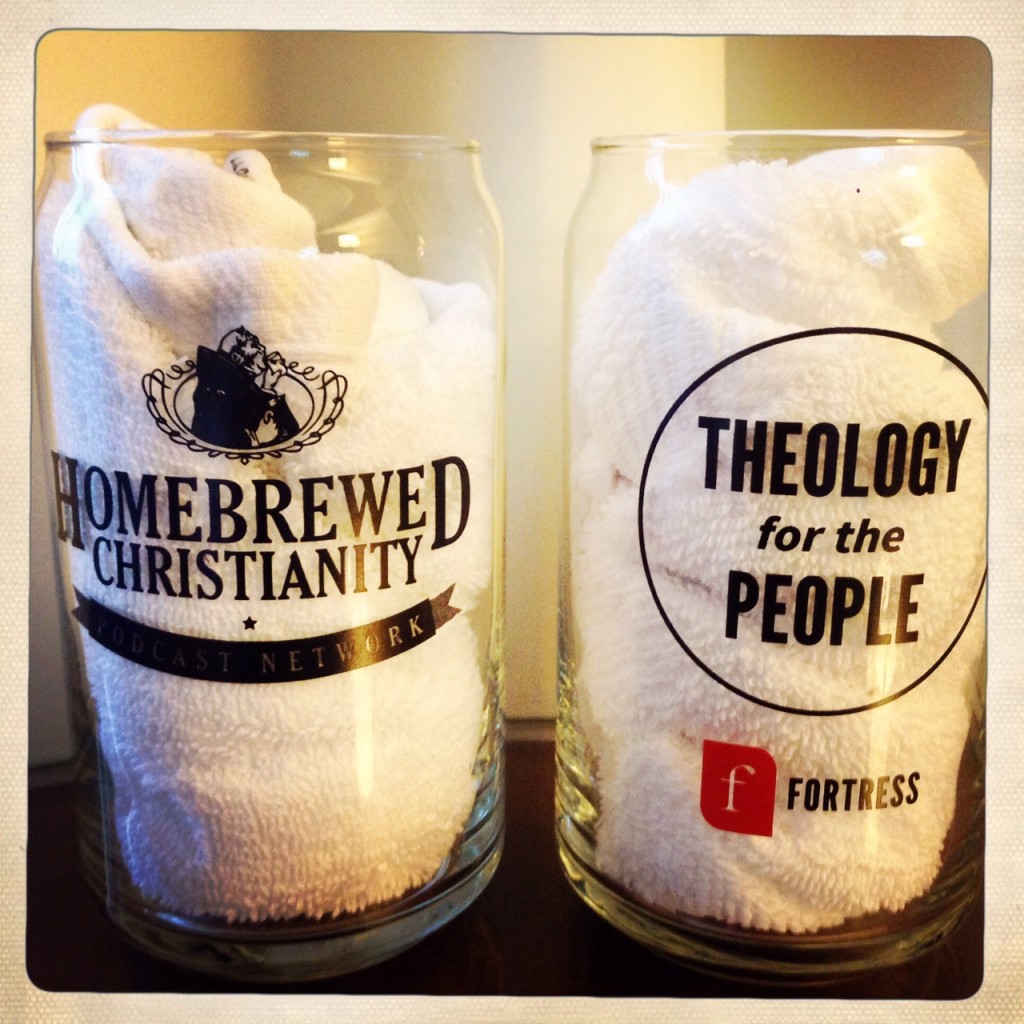There’s a great new blog that you should add to your reader. It’s called the Burner Blog, and it’s put out by Fuller Seminary’s Center for Lifelong Learning (for whom, I’m happy to report, I will soon be teaching. Watch here for details.)
I am a proud alumnus of Fuller and happy to be joining the faculty as an adjunct professor. Honestly, it’s unlike any seminary I know of because of its size and its wildly diverse faculty. While yes, it is “evangelical,” it is broadly so. Therefore, the Burner Blog has a deep roster upon which it can draw for high-quality posts.
One post that will interest many readers of this blog is a review of Brian McLaren’s new book, A New Kind of Christianity by Marianne Meye Thompson (from whom I took Exegetical Methods and a class on the Johannine writings back in the early 1990s). Thompson, the George Eldon Ladd Professor of New Testament, is admittedly not reviewing the entire book, but only McLaren’s cornerstone argument that much of our current understanding of the Bible is wrongly intermingled with a Greco-Roman storyline. McLaren thinks that we should extricate the biblical narrative (read, Jewish/Hebrew) from the Greco-Roman one. Thompson, like McKnight before her, argues that McLaren is reading things just as selectively as he accuses others of doing.
Here’s a taste:
My point is not that McLaren’s (admittedly invented) Greco-Roman narrative is actually the entire narrative of the Bible, but rather that parts of this narrative that trouble him are actually Jewish and Biblical, and for those reasons they have found a place in some Christian construals of the biblical narrative. This does not take away from McLaren’s concern that the questions of “final destiny” may have too dominant a place in some contemporary Christian belief and reading of the Bible, and that the Bible has a deeper and richer story to tell. But he does seem to simply ignore biblical evidence – found in the Gospels, Paul and elsewhere in the NT – that fundamentally challenge his take on the matter.
I’m not going to weigh in one way or the other. I, myself, have spoken often of the predominance of (neo-)Platonic thinking in the Western world and the damage it’s done to the biblical narrative. But I also respect Thompson and McKnight as a couple of evangelical biblical scholars from whom I have learned much. And, regardless of where one lands on this question, McLaren’s latest demands to be read.











